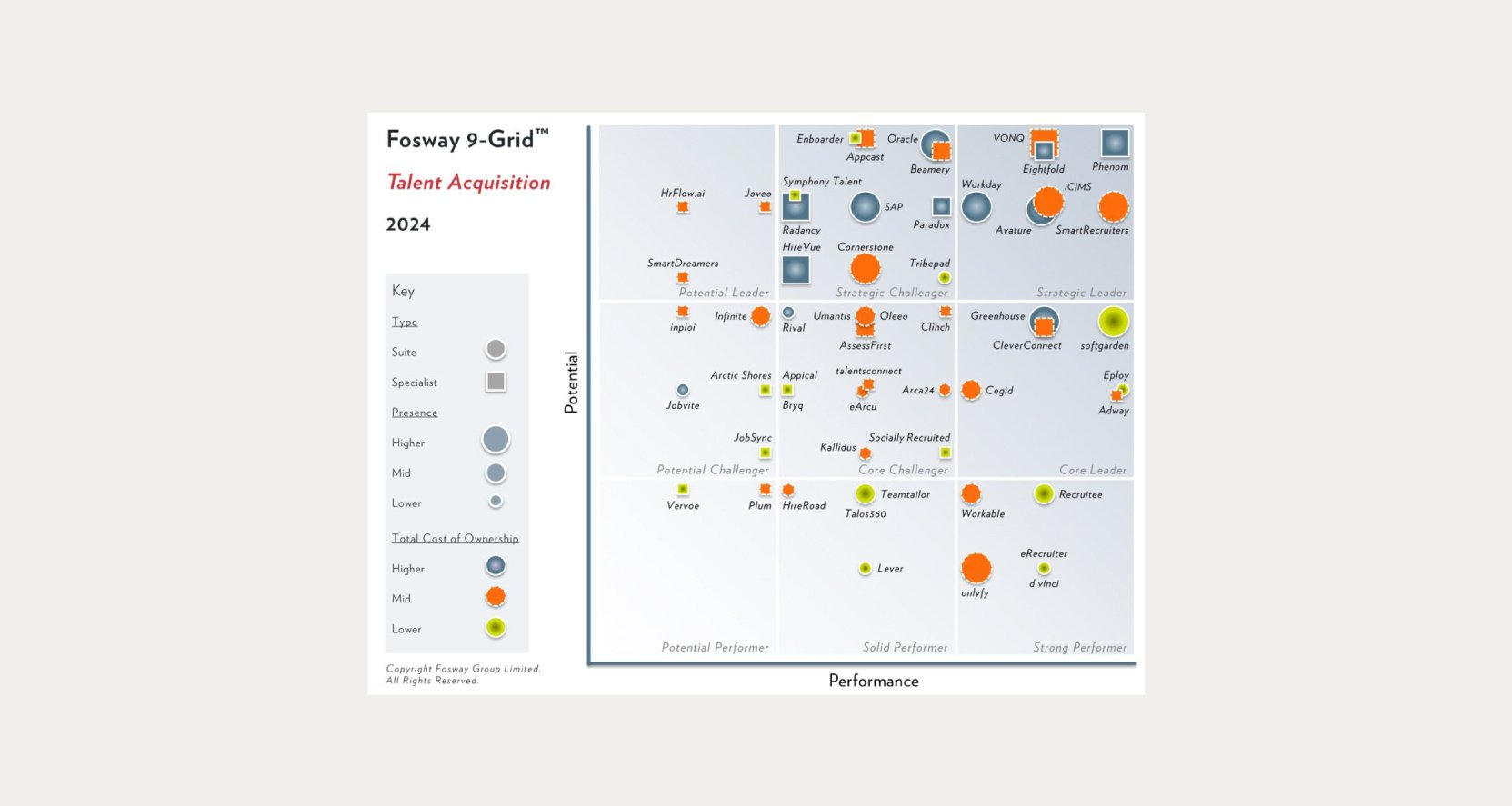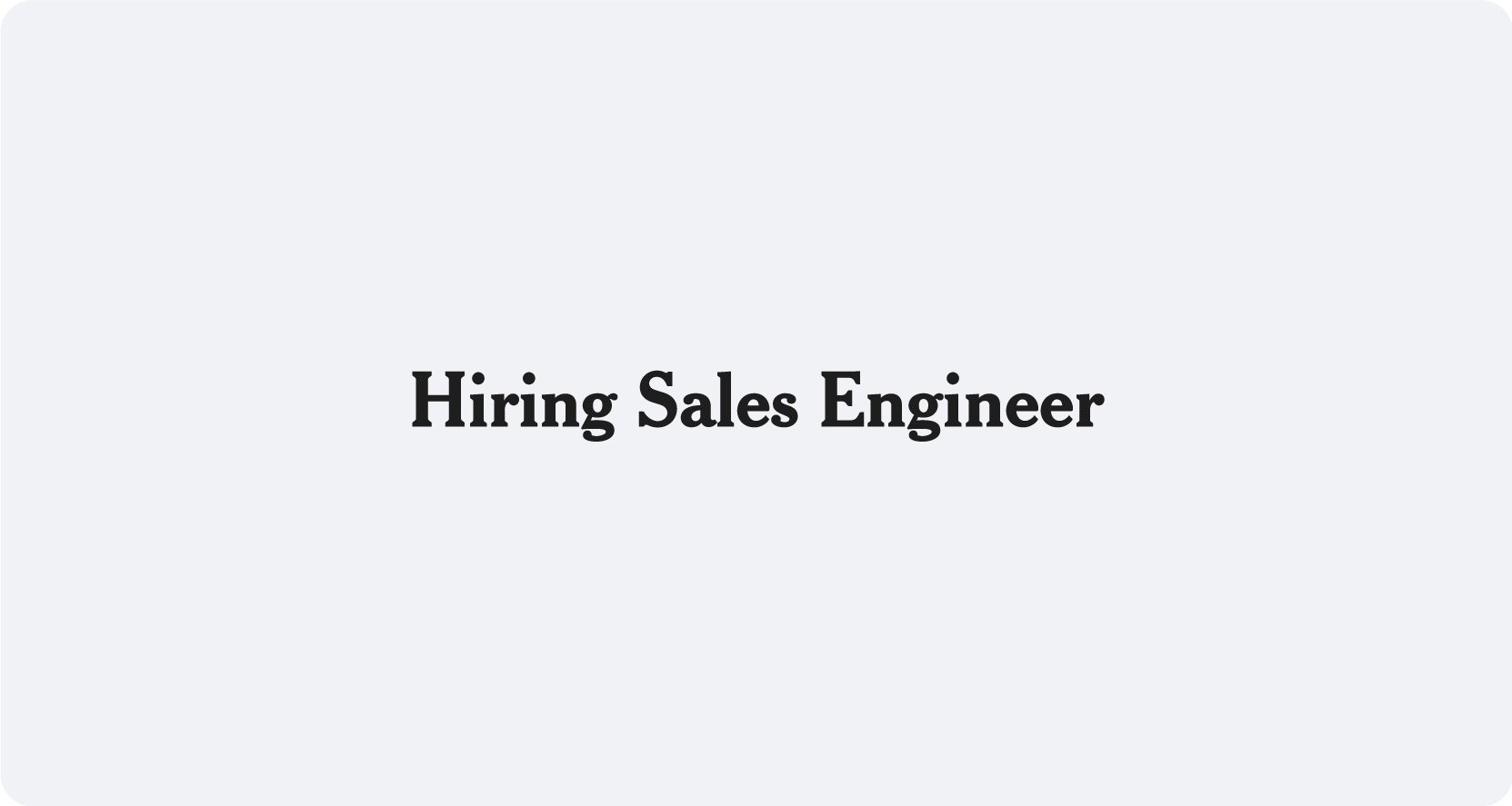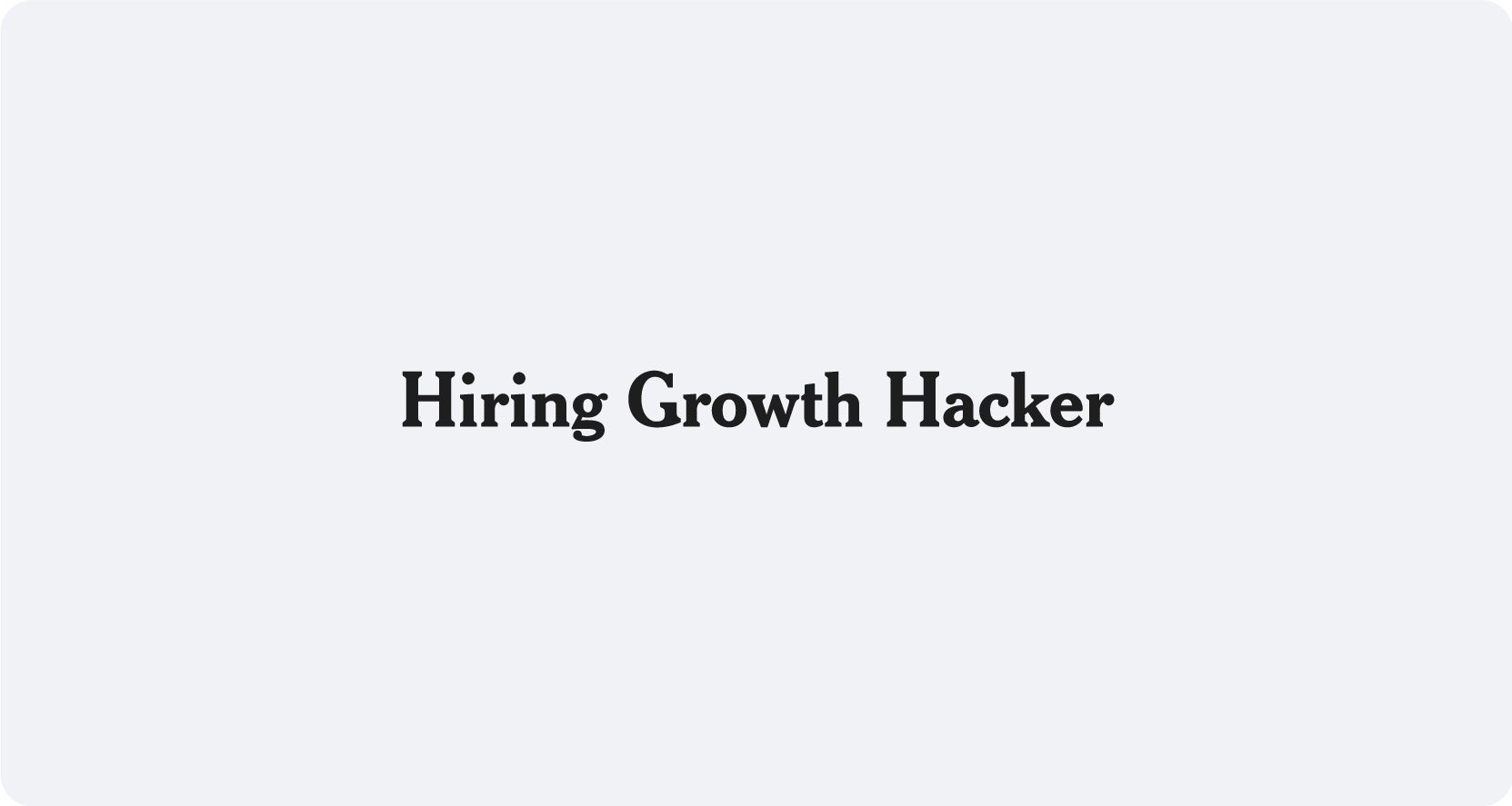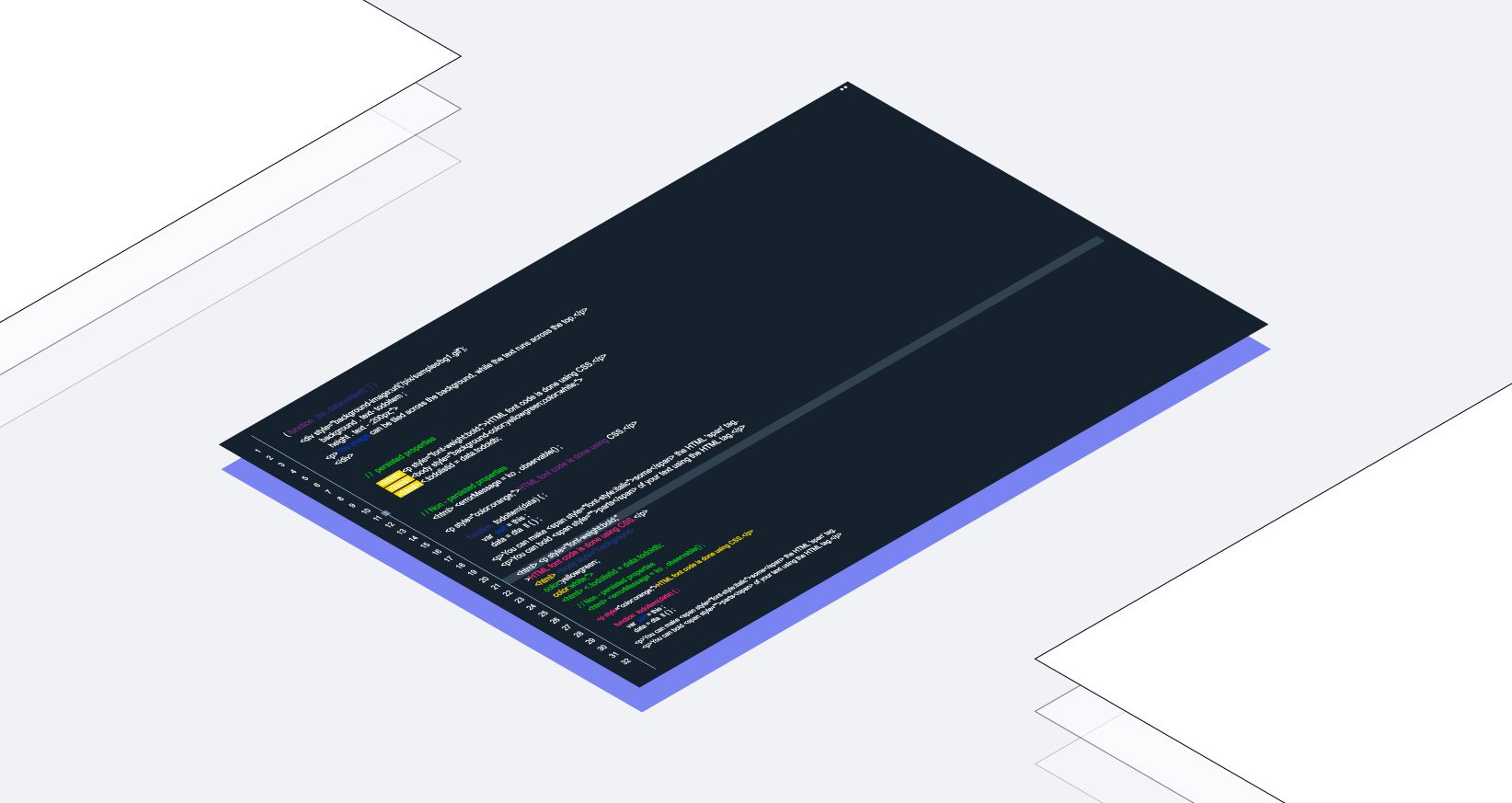As of a few years ago, there were five job openings for every job-seeking developer in the United States. The unemployment rate for developers continues to be well below the national average, and there are more than a few behemoth tech companies who have the time and the inclination to scoop up as much of the field’s top talent as possible. On top of this high level of competition, recruiting developers can often be a slow process, involving multiple technical and behavioral interview stages and a lengthy informational process after a job offer has been handed down. During this stretch of time, smaller companies often have to worry about their top hires being enticed away by larger corporations who can offer more money and faster turnaround times. Luckily, there are a number of strategies that businesses can use to speed up and improve their hiring of developers.
1. Hire Developers Slower
Okay, we know that this is absolutely not what anyone was hoping to see at the top of this list. But it’s important to emphasize right off the bat that just because something will increase hiring velocity doesn’t mean that it will be good for your business in the long run. Even with a robust recruitment marketing strategy, many companies find that many of their best hires still come in the form of employee referrals. In this way, hiring talented programmers often leads to more talented programmers joining your company, while hiring B- or C-level talent just to fill seats leads to more B- and C-level talent coming aboard until your company is mostly low-quality hires—an outcome that is obviously anathema to growth and success as a business.
Paradoxically, taking a slow, deliberate approach to your first few hires can help to pave the way for much faster higher later on. How? By helping your business to build a strong foundation not just for sourcing candidates via employee referrals, but for projecting a robust employer brand centered around a strong culture of learning and success.
2. Communicate Your Culture Clearly
Now that we’ve gotten the big caveat out of the way, let’s dig a little deeper into that last paragraph. For younger workers (read: millennials) in particular, culture fit can be just as important as salary when deciding where to work. When people consider the prospect of spending 40 or 50 hours a week at a particular office, they want to be sure that they’re surrounding themselves with people from whom they can learn, and with whom they enjoy spending time. More than that, people (developers included) want to feel like they’re a part of something larger than themselves, and will gravitate towards companies with missions that they believe in and situations in which they can make a difference.
Whatever your company’s culture is like, make sure that you’re communicating that to potential candidates in strong, clear terms. They should begin to understand what it would be like to work with you the very first time they encounter your employer brand, and each subsequent touch should deepen their sense of what your company culture is. In this way, the right candidates will begin to apply for the right reasons, bringing a deeper knowledge of your company to the interview process and ultimately moving through it more quickly as a result.
3. Utilize Niche Platforms
The last couple of steps raise the question: what’s the best way to get an employer brand out there so that it reaches the right people and entices them to apply? Many companies rely on traditional employment platforms and job boards when they’re sourcing candidates and spreading their employer brand. Unfortunately, this is a recipe for slow hiring. By limiting yourself to sites like Indeed and Craigslist, you cut yourself off from the 80% of candidates who are not actively job seeking at any given time.
On the other hand, if you roll out strong employer branding efforts across other channels (like social media) that are frequented by active and passive job seekers alike, you can reach individuals who already have jobs, but who may be willing to switch if they were presented with the right offer. By increasing the reach of your messaging in this way, you can source more candidates more quickly than you could with traditional recruitment marketing channels. For developers in particular, you might try posting job ads and disseminating your employer brand on platforms like Reddit and Stack Overflow. By going where your ideal candidates already spend their time, you'll increase the likelihood that they will encounter your brand, self-identify as a potential culture fit, and enter your application stream.
4. Build a Strong Talent Pipeline
You can think of this one as something of a corollary to the tip above, but a constant stream of messaging targeted at your key recruitment demographics through non-traditional channels should, in addition to creating better employer brand recognition, help you to build a deeper talent pipeline. As the reach of your employer brand increases, the number of candidates who are waiting for the right moment to apply will increase as well, meaning that for each new position that opens up at your company there will be an immediate influx of quality applicants. In this way, you can greatly reduce the amount of time you spend sourcing, and thus improve your hiring velocity.
5. Be Honest
This last suggestion may not seem like a “tip” per se, but when companies are competing with the Googles and Microsofts of the world for top engineering talent, their recruiters can often feel considerable pressure to offer a similar employee value proposition (EVP) to the ones offered by the tech behemoths of the world: swanky office spaces, free lunches, high salaries, etc. Here’s the thing: if you’re a smaller company, that’s actually a selling point for plenty of candidates. Sure, your business might not be able to offer all of the cushy perks that Google can, but if you’re honest about what you are offering, you’ll be more successful at attracting the sorts of people who look for the more nimble, dynamic, and rewarding work environments that only smaller businesses can provide. As with being clear about your culture, this will help the right candidates make their way to you faster. As a result, you’ll spend less time sifting through unsuitable applications and interviewing potential hires who will ultimately accept an offer somewhere else. In recruiting, as in life, honesty is usually the best policy. Combined with a strong recruitment funnel grounded in a robust employer brand, it can make your recruitment more efficient at every touchpoint.








